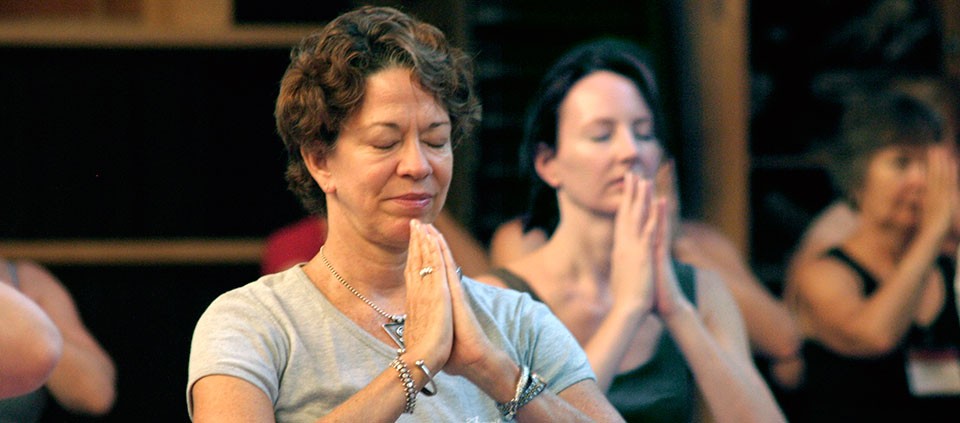Looking for Love

Love takes off masks that we fear we cannot live without and know we cannot live within.
—James Baldwin
Since we were children, we have been told a patchwork of stories about love. We expect love to give us exaltation, bliss, affection, fire, sweetness, tenderness, comfort, security, and so very much more—all at once. Our minds are too often clouded by pop-culture images that equate love with sex and romance, delivered in thunderbolts and moonbeams. This idea of love makes us say things and do things we do not mean. It makes us cling frantically to relationships that are bound to change, challenge us, or slip away. Major bookstores often have a love section that’s actually just a romantic relationship section— volumes on how to get a relationship, how to keep a relationship, and how to cure a relationship. As one publisher said to me, “The love market is saturated.”
Perhaps we think we’re getting the portion of love we deserve, which is not very much at all: “I’m just not lucky in love,” or “I’ve been too damaged to love.” We may feel so cynical (sometimes as a mask to hide heartbreak or loneliness) that we dismiss love as a sorry illusion. Some of us decide we are through with love because it takes much more from us than it ever gives back. At those wounded moments when we most need love, a hardened heart can seem like the best defense.
Many of us have been told that if we loved others enough and sacrificed, it wouldn’t matter that we didn’t love ourselves, and that we could keep that up forever. Or if we loved a friend or a child enough, that love itself could cure all ills, meaning no more painful setbacks or defeats. If there is such pain, it implies we were bad at love. Or maybe it was suggested to us that all we needed in this world was love and that we didn’t have to fight what is wrong or call out what is cruel or unjust.
But apart from all these stories, as human beings we naturally live our lives wanting belonging, connection, a home in this world. We yearn for warmth, for possibility, for the more abundant life that love seems to promise. We sense there is a quality of real love that is possible beyond the narrow straits we have been told to navigate, a possibility that’s not idealized or merely abstract. We have an intuition that we can connect so much more deeply to ourselves and to one another.
One of my own turning points came in 1985 when I did a meditation retreat in Burma. I was practicing intensive lovingkindness meditation, offering phrases of wishing well to myself and others all day long, like, “May I be happy; may you be happy.” As I practiced, at one point it felt as though I came to a threshold. On one side was the conventional idea of who I had thought myself to be—that is, someone completely dependent on another person to feel any love in my life. It was as though I considered love to be like a package, in the hands of the all-powerful delivery person, and if that person changed their mind at my doorstep and walked away, I would be bereft—irredeemably incomplete, lacking the love I so longed for. On the other side of the threshold was the reflection of who I suspected I actually was—someone with an inner capacity for love, no matter who was present or what was happening, someone who could access love that another person might enhance or challenge, but there was no one who could either bestow that capacity on me or take it away. I stepped over.
I saw I couldn’t flourish as a human being as long as I saw myself as the passive recipient of love. (There’s an awful lot of waiting in that position, and then damage control when it doesn’t work out, and also numbness.) But I could certainly flourish as love’s embodiment.
I see real love as the most fundamental of our innate capacities, never destroyed no matter what we might have gone through or might yet go through. It may be buried, obscured from view, hard to find, and hard to trust . . . but it is there. Faintly pulsing, like a heartbeat, beneath the words we use to greet one another, as we ponder how to critique others’ work without hurting them, as we gather the courage to stand up for ourselves or realize we have to let go of a relationship—real love seeks to find authentic life, to uncurl and blossom.
I believe that there is only one kind of love—real love—trying to come alive in us despite our limiting assumptions, the distortions of our culture, and the habits of fear, self-condemnation, and isolation that we tend to acquire just by living a life. All of us have the capacity to experience real love. When we see love from this expanded perspective, we can find it in the smallest moments of connection: with a clerk in the grocery store, a child, a pet, a walk in the woods. We can find it within ourselves.
Real love comes with a powerful recognition that we are fully alive and whole, despite our wounds or our fears or our loneliness. It is a state where we allow ourselves to be seen clearly by ourselves and by others, and in turn, we offer clear seeing to the world around us. It is a love that heals.
Find out about upcoming programs with Sharon Salzberg at Kripalu.
Excerpted with permission from Real Love, © 2017 by Sharon Salzberg.
Sharon Salzberg is a pioneer in the field of meditation, a world-renowned teacher, and New York Times best-selling author.
Full Bio and Programs